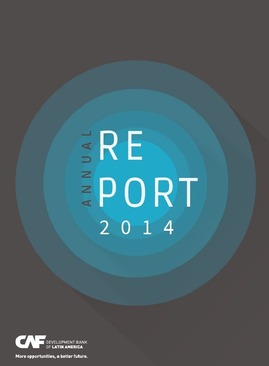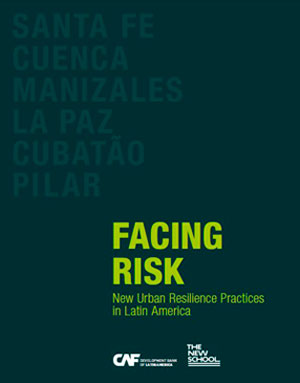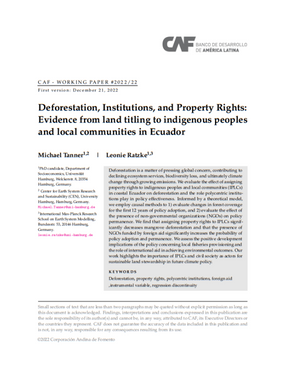The unintended environmental effect of a climate change adaptation strategy: evidence from the Colombian coffee sector
Resumen
Climate change is a major threat to agricultural productivity in developing countries. In this paper, we explore the unintended environmental effects of an adaptation policy that conditioned credit programs for the renewal of coffee crops on the use of pest-resistant varieties. We use the case of the Colombian coffee sector, which was severely affected by extreme rainfall events and pest proliferation from 2010–2011. In response, the National Federation of Coffee Growers (NFCG) changed its policy to protect farmers from future weather shocks by conditioning renewal credits to the use of pest-resistant seeds. We exploit the timing of the policy and a novel data set that includes coffee farms’ productive characteristics matched with satellite tree cover data to analyze its environmental effect. We find that conditioning renewal credits on a seed change decrease tree cover in treated coffee growers by 390 m2. If we extend this result to all treated farms in our sample, the total loss increases to 1,031 (10.31 million m2). We calculate that this average loss in tree coverage on treated farms translates into a release of 61,912 tons of carbon.
Materia
País / Región
Fecha
2023Citar de esta publicación
Item perteneciente a la Colección
Autor
Helo Sarmiento, JulianaPirelo-Ríos, Ana
Muñoz-Mora, Juan Carlos
Items Relacionados
Annual Report 2014
2014 was a year of change for Latin America’s economic conditions, in an environment of moderate global growth and a slowdown in emerging economies. ...
Facing Risk. New Urban Resilience Practices in Latin America
In Latin America and the Caribbean, exposure to disasters has intensified considerably in recent decades. The increase in the intensity and frequency ...
Deforestation, Institutions, and Property Rights: Evidence from land titling to indigenous peoples and local communities in Ecuador
Deforestation is a matter of pressing global concern, contributing to declining ecosystem services, biodiversity loss, and ultimately climate change ...





